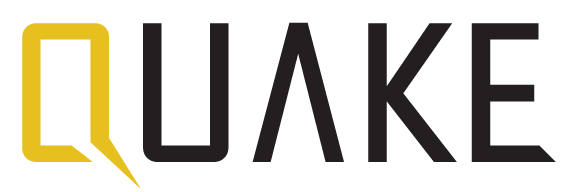Inside Quake’s metrics.
What makes a great product? Founders may ask this question in an effort to understand why VCs choose to invest in certain startups. Instead of asking that, founders should be asking themselves if their product is a great product for investment. Many companies build stellar products, but not all of them are a good fit for a VC investment.
There are some basics when it comes to your product: it should be easily understandable or explainable and should be solving a real problem. VCs need to see the value in your product, but they aren’t going to invest in products they don’t understand. A lack of understanding often means a VC does not know how they can help your startup grow. A sound business model is essential for a startup.
A product should have mass appeal, and if it’s more niche, the niche market should be big enough. At early stages, niche can be better. In fact, early-stage companies should start by targeting a niche market and then look to expand. For example, before it became the goliath that it is today, Facebook started out as a way to connect Harvard students. Today, it has billions of users, including large corporations. Along the same lines, companies should focus on doing one thing well; the bells and whistles can come later. For example, take one of our portfolio companies, BlastPoint. BlastPoint is focused on building their geospatial data analytics platform, and that’s the prime focus. While there’s so much potential for BlastPoint, the company is putting their geospatial data first.
The product must also be scalable. This is one of the reasons Quake does not invest in consultancies; consultancies are not scalable enough for VC investment. And your product needs to work. A good product or service has proven results, whether it be scientific backup or user tests.
And most importantly, a product needs to be original or offer an original take on an existing product. But every product has a competitive landscape. If it doesn’t, that usually means that there is little to no market demand, especially in this age of technology. As a founder, do your research on the smaller companies in your competitive space. Only mentioning large competitors tells us that you don’t know enough about your product’s positioning in the market. And there’s no need for extremely complicated charts when describing this. Keep it concise and simple.
In terms of intellectual property, patents aren’t always necessary. If your startup is hardware-driven or in the medical space, however, then patents can be essential. Make sure your employees sign NDAs if exposed to trade secrets, but don’t ask VCs to sign them. Trust us, we aren’t going to steal your idea.


